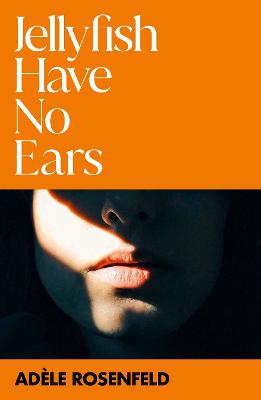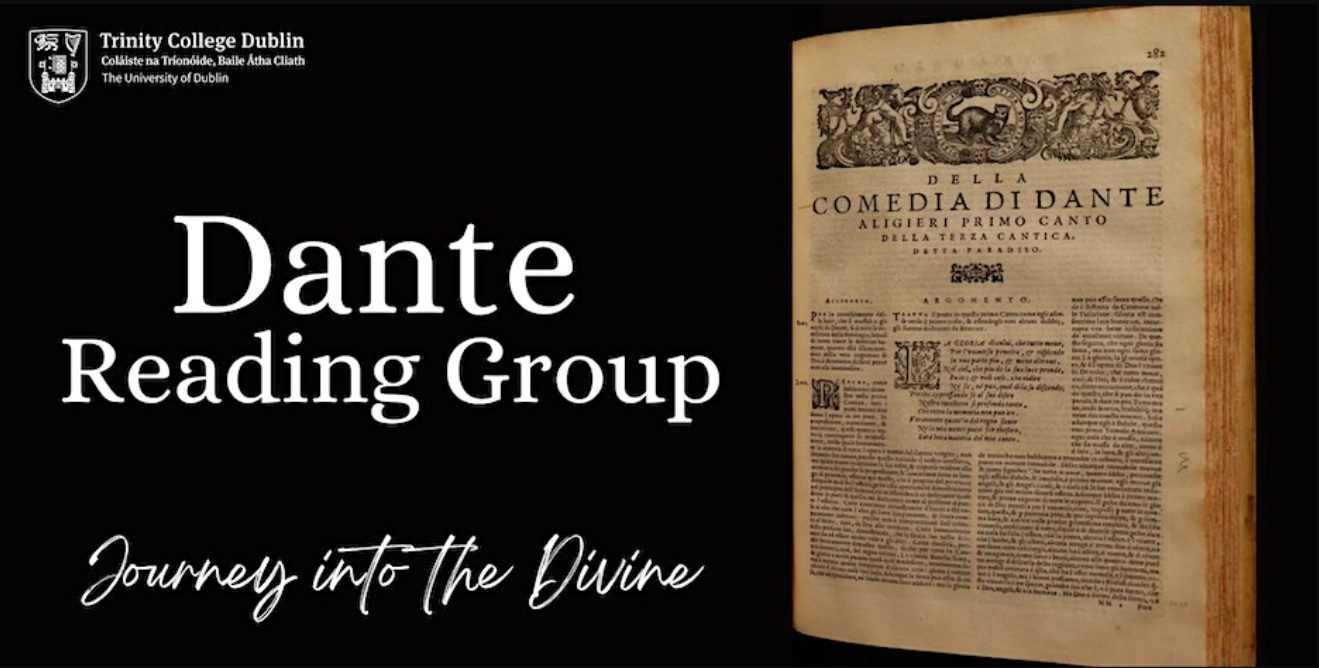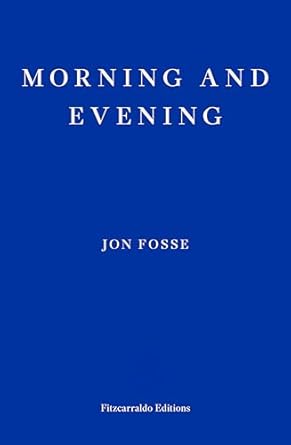Upcoming Events
We run events, talks and workshops on all aspects of literary translation. Our events are open to the public and, unless stated otherwise, admission is free. Events are usually held at Trinity Centre for Literary and Cultural Translation, 36 Fenian Street, Dublin D02 CH22 (two minutes' walk from Trinity's Lincoln Gate), and occasionally at larger venues on Trinity's campus. Most of our events are run in hybrid format, so you can join from wherever you are in the world. If you would like to receive advance notice of these events, please complete the form at the bottom of this page, or email littrans@tcd.ie. We will not use your contact details for any other purpose.
World Fiction Book Club
|
Dante's Divine Comedy Our lunchtime readings of Dante Alighieri’s Divine Comedy conclude on 17th April. The readings are led by Emeritus Professor Corinna Salvadori Lonergan, with John Walsh, IRC Government of Ireland Scholar (Comparative Literature), both of Trinity College. Please book your place here. |
Dimitris Lyacos in Conversation
|
NEW! Masterclass
How and where do translators connect with each other? What are translator communities like? What are the benefits of networking with fellow translators? This interactive Masterclass explores the many ways translators can build professional connections and strengthen their visibility, with a focus on the literary translation industry. We will examine existing networking opportunities, from local and international translator associations to online communities and collaborative projects. Participants will also be invited to share their own experiences and insights. |
World Fiction Book Club
|
Please subscribe to our mailing list (you may unsubscribe at any time)






